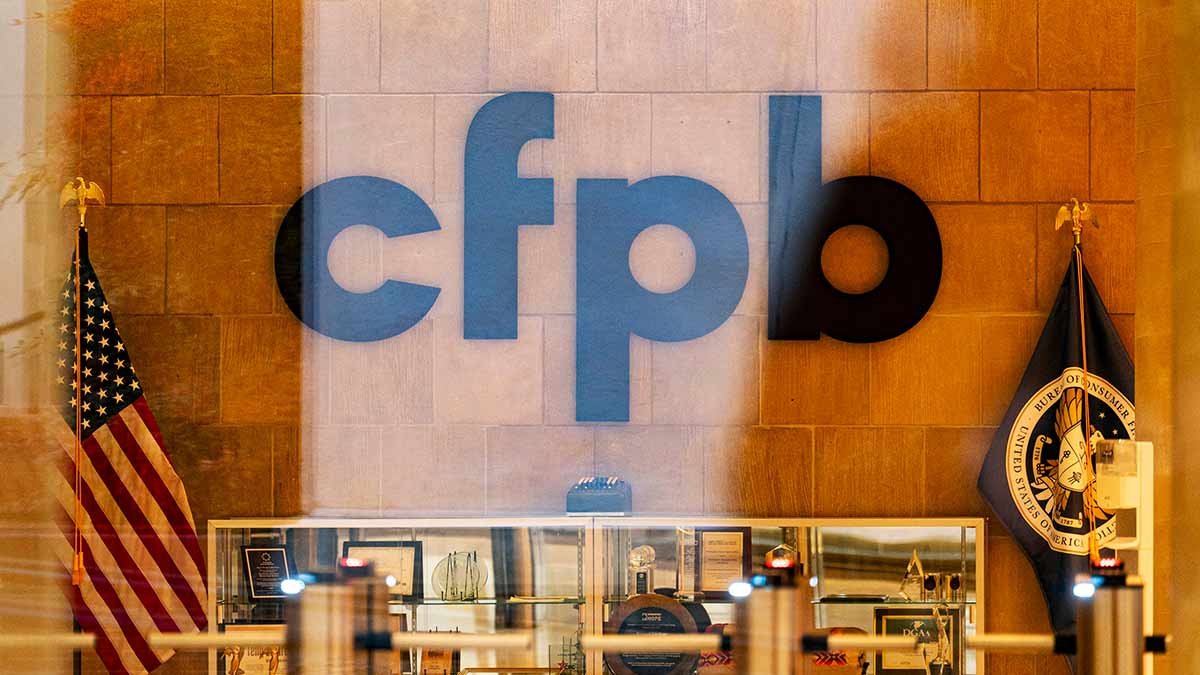Is the CFPB on Its Last Legs? Examining Its Impact and Future Amid GOP Pressure
The Consumer Financial Protection Bureau (CFPB) has been a cornerstone of financial regulation since its establishment in 2010, designed to protect consumers from predatory lending practices and other unfair financial services. However, in recent years, the CFPB has faced increasing scrutiny and pressure from Republican lawmakers who have long sought to eliminate or severely diminish the agency’s power. As the political landscape evolves and GOP pressure mounts, questions arise regarding the CFPB’s future and its continuing impact on consumers and the financial industry at large.

This article will explore the origins and responsibilities of the CFPB, assess its impact over the years, and examine the implications of ongoing GOP pressure. We will also discuss what the future may hold for the agency and how it can continue to serve consumers in a challenging political environment.
Understanding the CFPB: Origins and Responsibilities
Established in the wake of the 2008 financial crisis, the CFPB was created to consolidate federal consumer financial protection responsibilities. The agency’s primary mission is to ensure that consumers have access to fair, transparent, and accountable financial products and services. This includes overseeing a range of financial entities, such as banks, credit unions, and mortgage companies, to ensure compliance with consumer protection laws.
Key Responsibilities of the CFPB
- Regulatory Oversight: The CFPB develops and enforces regulations that govern financial institutions, aimed at protecting consumers from deceptive practices.
- Consumer Education: The agency provides resources and tools to help consumers make informed financial decisions.
- Complaint Handling: The CFPB operates a system for consumers to submit complaints against financial institutions, ensuring accountability and responsiveness.
- Research and Data Analysis: The CFPB conducts research on consumer financial behavior to inform policy decisions and regulatory actions.
The Impact of the CFPB on Consumers and the Financial Sector
Since its inception, the CFPB has played a crucial role in reshaping the financial landscape. Its impact can be measured in several ways, from enhancing consumer protections to holding financial institutions accountable for wrongdoing.
Consumer Protections and Advocacy
The CFPB has successfully implemented regulations that have significantly improved consumer protections. For instance, the agency’s implementation of the Dodd-Frank Wall Street Reform and Consumer Protection Act led to the establishment of rules that require lenders to evaluate a borrower’s ability to repay a loan. This move has helped mitigate the risk of predatory lending, which was rampant before the financial crisis.
Holding Financial Institutions Accountable
Through its enforcement actions, the CFPB has recovered billions of dollars for consumers who were wronged by financial institutions. This includes fines and settlements with major banks for issues ranging from discriminatory lending practices to unlawful fees. Such accountability has instilled a sense of responsibility within the financial services sector, compelling institutions to prioritize consumer rights.
The Political Landscape: GOP Pressure on the CFPB
Despite its successes, the CFPB has consistently faced political challenges, particularly from Republican lawmakers who view the agency as an overreach of government power. This opposition has intensified over the years, with calls for the agency’s defunding or elimination gaining traction among GOP members.
Arguments for Eliminating the CFPB
Critics of the CFPB argue that the agency stifles innovation and imposes excessive regulatory burdens on financial institutions, particularly smaller banks and credit unions. They contend that this undermines competition and ultimately harms consumers by limiting their choices. Additionally, some GOP lawmakers have raised concerns about the CFPB’s funding structure, which is independent of the congressional appropriations process, arguing that it lacks sufficient accountability.
Recent Developments and Changes in CFPB Operations
In response to GOP pressure, the CFPB has scaled back some of its operations and initiatives, impacting its ability to carry out its mission effectively. For example, the agency has reduced the number of enforcement actions and shifted its focus to more flexible regulatory approaches. This has raised concerns among consumer advocates who fear that such changes may lead to a resurgence of predatory practices in the financial sector.
The Future of the CFPB: Challenges and Opportunities
As the CFPB navigates an increasingly hostile political environment, its future remains uncertain. However, there are opportunities for the agency to adapt and continue its mission of protecting consumers.
Potential Strategies for CFPB Resilience
- Building Bipartisan Support: The CFPB can work to engage with lawmakers across the aisle to showcase the importance of consumer protections, potentially gaining allies among moderate Republicans.
- Focusing on Transparency and Accountability: By enhancing transparency in its operations and decision-making processes, the CFPB can address concerns regarding its authority and funding structure.
- Leveraging Technology: The agency can harness technology to improve consumer education and outreach, ensuring that consumers remain informed about their rights and available financial products.
Frequently Asked Questions about the CFPB
What does the CFPB do?
The CFPB regulates financial institutions, enforces consumer protection laws, educates consumers about financial products, and handles consumer complaints against financial entities.
Why do Republicans want to eliminate the CFPB?
Many Republicans argue that the CFPB imposes excessive regulations that stifle competition and innovation in the financial sector, and they seek to increase accountability for the agency.
How has the CFPB impacted consumers?
The CFPB has improved consumer protections, recovered billions of dollars for consumers, and enforced regulations that prevent predatory lending practices.
What changes has the CFPB made in response to GOP pressure?
The CFPB has scaled back some of its operations, reduced enforcement actions, and shifted its focus to more flexible regulatory approaches amid ongoing political pressure.
What is the future outlook for the CFPB?
The future of the CFPB is uncertain, but there are opportunities for the agency to build bipartisan support, enhance transparency, and leverage technology to continue serving consumers effectively.
Conclusion
The Consumer Financial Protection Bureau has been a vital player in the arena of financial regulation, contributing significantly to consumer protections and holding financial institutions accountable. However, with increasing GOP pressure and calls for its elimination, the agency faces substantial challenges that could impact its future operations. To survive and thrive, the CFPB must adapt to the changing political landscape while remaining steadfast in its commitment to protect consumers. By focusing on building bipartisan support, enhancing transparency, and leveraging technology, the CFPB can continue to fulfill its mission, ensuring that consumers remain at the forefront of America’s financial system.
📰 Original Source
Este artigo foi baseado em informações de: https://www.nerdwallet.com/article/finance/cfpb-status


